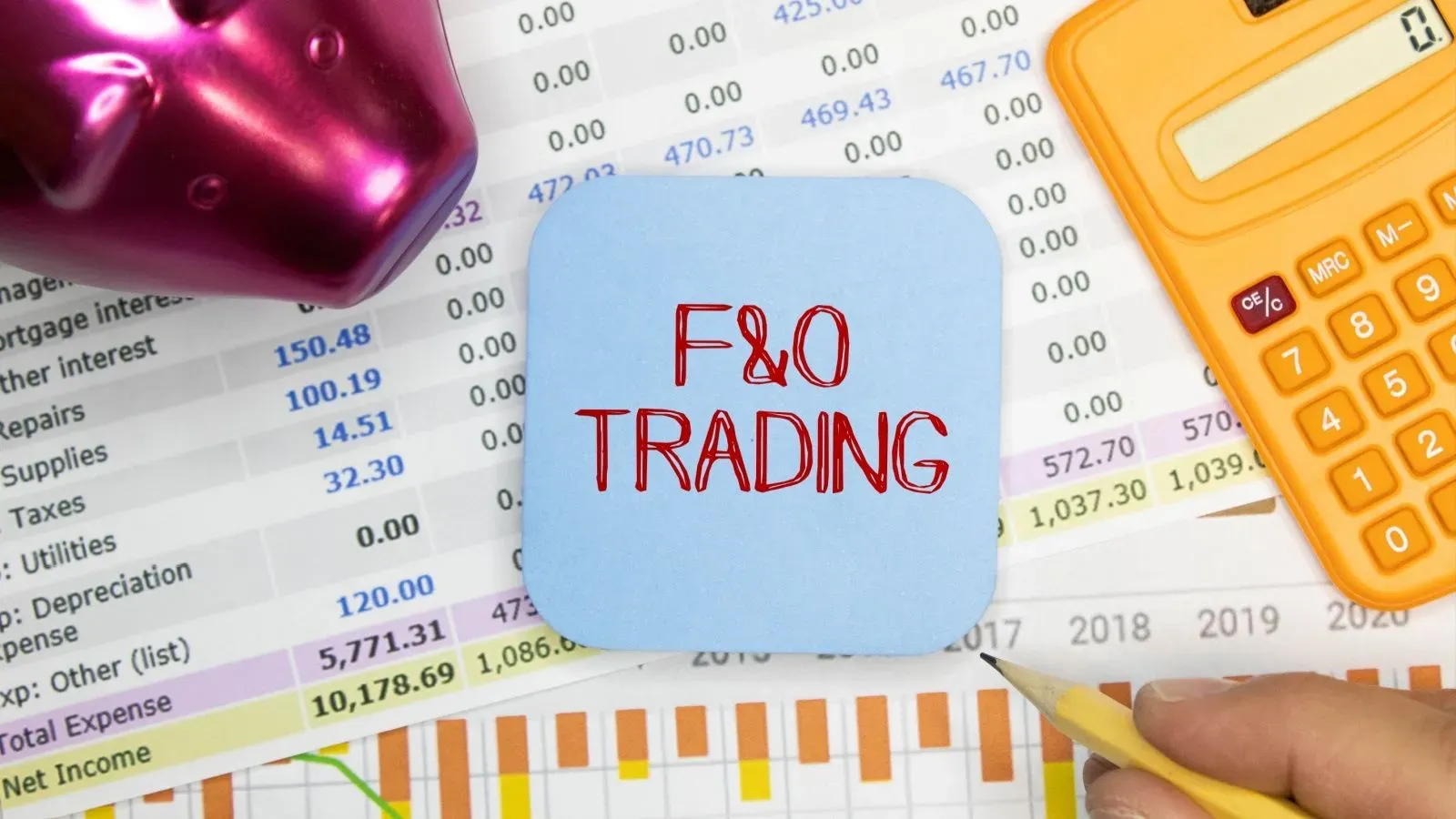What is the Implied Correlation Index?
Written by Upstox Desk
Published on July 31, 2025 | 5 min read

Summary:
The implied correlation index, also called the 'ICI,' is a financial metric that is used to calculate the implied relation between the prices of options on individual stocks or indices. This blog should help you get a grip on using this index for your investments’ decision-making.
Introduction to implied correlation index
The implied correlation index, also called the 'ICI,' is a financial metric that is used to calculate the implied relation between the prices of options on individual stocks or indices. In the domain of financial risk management and options trading, it is implemented to understand market sentiment and evaluate the anticipated level of correlation among the underlying assets. This blog should help you get a grip on using this index for your investments’ decision-making.
How the implied correlation index works:
- Options pricing: Options are financial derivatives that grant the holder of the option the right to purchase (call option) or sell (put option) the underlying asset (such as a stock or an index) at a fixed price (strike price), before or on a specific date (the expiration date). However, they are under no obligation to do so.
- Implied volatility: Implied correlation is an outcome of the implied volatility of options. It is a measure of the expectations of the market with regard to fluctuations in prices of the underlying asset in the future. When traders purchase and sell options, the options’ prices are impacted by their expectations about price movements in the future. High implied volatility indicates greater price swings are expected, while low implied volatility hints at limited expectations for price movements.
- Calculation of implied correlation: For the calculation of the Implied Correlation Index, an investor will take a look at the implied volatility of the options on individual indices or stocks in a given market. By comparing the options’ implied volatilities, analysts and traders can determine the market's expectations for the correlation between the prices of the underlying assets. In essence, it indicates the expected level of co-movement between the assets.
- Market sentiment indicator: The ICI can also be used to determine and understand market sentiment. A high ICI will imply that investors anticipate a strong correlation between the underlying assets, indicating that those participating in the market expect a wide movement in the market. A low ICI will indicate that investors anticipate lower correlation and expect to see more idiosyncratic (stock-specific) movements.
- Risk management: For risk analysts and portfolio managers, ICI can be a handy tool. A high implied correlation indicates that a diversified portfolio may not be able to provide as much risk reduction as anticipated, because the assets will be moving in unison. A low implied correlation indicates that a diversified portfolio could be more effective for reducing risks.
Users of implied correlation index:
Implied correlation index can be useful for different types of investors, financial professionals and institutions who are keen on understanding market sentiment and managing the risk of their portfolios. The following is a list of some of the key individuals and entities who can benefit from using the index:
- Options traders: This includes options traders, especially those involved in trading options on individual stocks or indices.
- Portfolio managers: This will be with regard to portfolio managers who are responsible for managing investment portfolios.
- Risk analysts: This includes risk analysts within the framework of financial institutions such as banks and investment firms.
- Asset allocators: This pertains to individuals or institutions who allocate assets across various asset classes.
- Hedge fund managers: This includes hedge fund managers who need to employ complicated trading strategies and derivatives to adjust their portfolios.
- Investors: Individual investors who are options traders or have investment portfolios that are diversified can benefit by monitoring the index.
- Regulators: Bodies responsible for overseeing financial markets and regulatory authorities find the ICI to be a crucial part of their market surveillance efforts. It helps them to easily identify market anomalies and potential systemic risks.
Using implied correlation index with caution:
The implied correlation index can be a handy tool for those looking to use it for risk management, hedging, portfolio optimisation, volatility forecasting, trading strategies, options and derivates pricing, asset allocation, risk assessment and research and analysis. However, it is imperative to note that it is not an infallible indicator of how the market will actually behave because actual correlations may not be the same as implied correlations, especially in times of market stress and unforeseen events. They may be used as a tool to make better investment and other trading decisions but should not be relied upon entirely for managing risk and asset allocation.
Summing up:
It is important to note that there is no single standardised implied correlation index. This is because there are many ways in which they can be calculated, and they depend on the options being used and the specific methodology that is being employed by different analysts and financial institutions. However, the fundamentals of using implied volatility to calculate expected correlations continue to be consistent across these variations. Investors and traders often use the ICI along with other analysis techniques and market indicators to make informed decisions about their investment strategies.
About Author
Upstox Desk
Upstox Desk
Team of expert writers dedicated to providing insightful and comprehensive coverage on stock markets, economic trends, commodities, business developments, and personal finance. With a passion for delivering valuable information, the team strives to keep readers informed about the latest trends and developments in the financial world.
Read more from UpstoxUpstox is a leading Indian financial services company that offers online trading and investment services in stocks, commodities, currencies, mutual funds, and more. Founded in 2009 and headquartered in Mumbai, Upstox is backed by prominent investors including Ratan Tata, Tiger Global, and Kalaari Capital. It operates under RKSV Securities and is registered with SEBI, NSE, BSE, and other regulatory bodies, ensuring secure and compliant trading experiences.






















